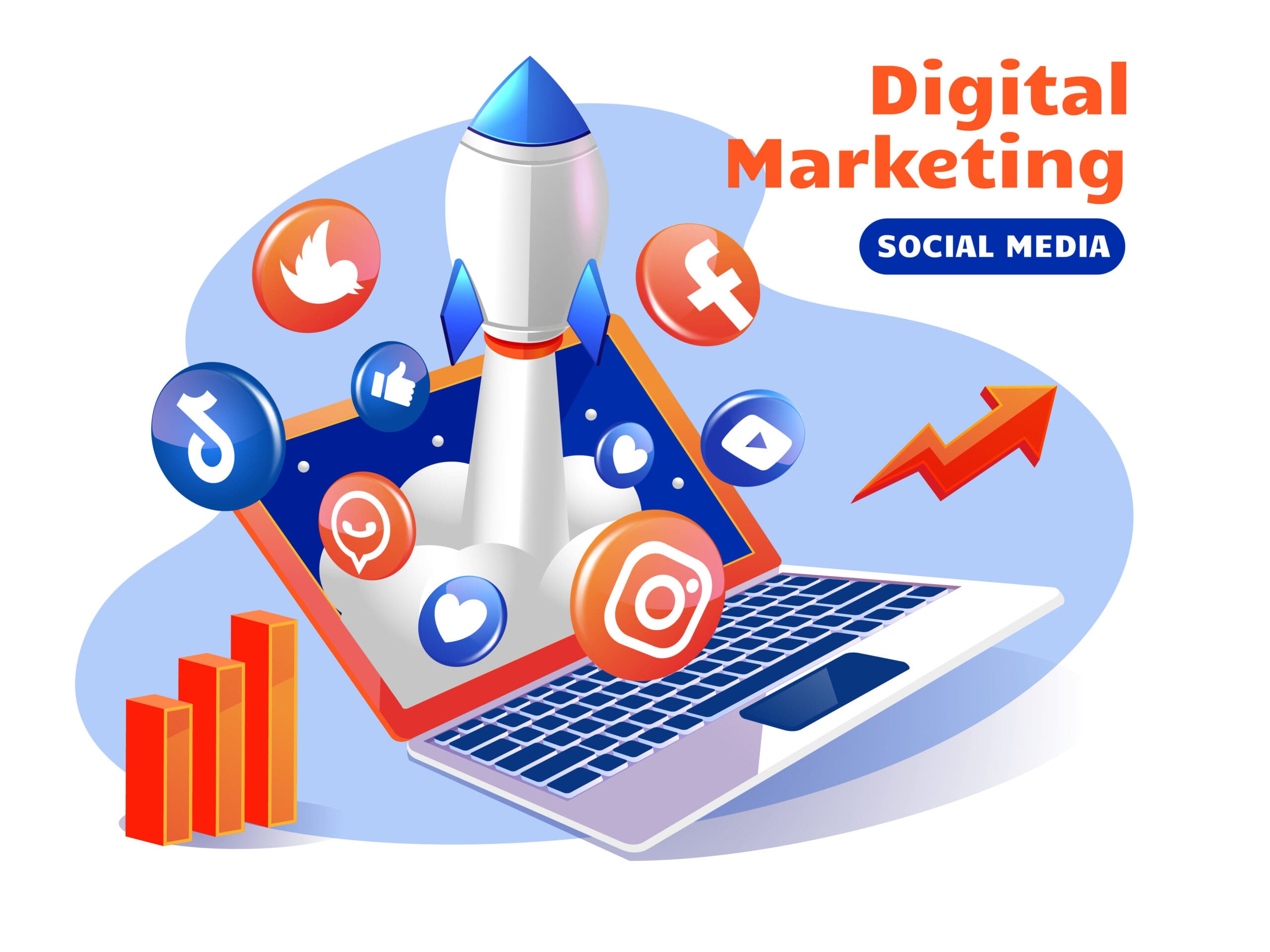Introduction
Data has become the lifeblood of successful marketing campaigns in today’s digital landscape. The ability to collect, analyze, and interpret data has opened up endless possibilities for marketers to make informed decisions and optimize their strategies. In this article, we will explore the importance of data in digital marketing and discuss practical strategies to leverage its power to achieve marketing success.
The Role of Data in Digital Marketing
Data serves as the foundation for effective digital marketing initiatives. It provides valuable insights into consumer behavior, preferences, and trends, enabling marketers to develop targeted campaigns and deliver personalized experiences. By harnessing the power of data, marketers can make data-driven decisions, optimize marketing budgets, and maximize their efforts’ return on investment (ROI).
Collecting and Analyzing Data
To unleash the power of data, marketers must establish robust mechanisms within mobile apps for collecting and analyzing data. This begins with setting clear objectives and identifying key performance indicators (KPIs) that align with marketing goals. Various tools and technologies, such as web analytics platforms, social media listening tools, and customer relationship management (CRM) systems, can gather data from multiple touchpoints.
Once the data is collected, conducting a comprehensive analysis is imperative to extract valuable insights, especially in the context of mobile apps. This involves employing data mining techniques, segmentation, and statistical analysis to identify patterns, trends, and correlations within the data. By understanding customer preferences, purchase behavior, and engagement patterns, marketers can tailor their strategies to resonate with their target audience.
Personalization and Targeting
One of the most significant advantages of data-driven marketing is the ability to deliver personalized consumer experiences. By leveraging customer data, marketers can create tailored messages, offers, and recommendations that resonate with individual preferences. Personalization enhances customer engagement and increases conversion rates and customer loyalty.
Furthermore, data allows marketers to target specific audience segments with precision. Marketers can identify the most valuable segments through demographic, psychographic, and behavioral data analysis and customize their campaigns accordingly. Marketers can optimize their marketing spend and achieve higher campaign effectiveness by focusing their efforts on the right audience.
Optimization and Continuous Improvement
Data-driven marketing is an iterative process that requires continuous optimization and improvement. By closely monitoring campaign performance metrics and analyzing data, marketers can identify areas of improvement and make data-backed adjustments. A/B testing, for example, allows marketers to experiment with different variables and identify the most effective marketing strategies.
Additionally, data can help marketers uncover hidden opportunities and stay ahead of trends. Marketers can identify emerging opportunities by monitoring industry insights, competitor analysis, and market trends and adapting their strategies accordingly. This proactive approach ensures marketers are always one step ahead in the dynamic digital landscape.
Ethical Considerations and Data Privacy
While data presents immense opportunities, marketers must prioritize ethical considerations and privacy. Marketers must handle data responsibly and transparently with the increasing scrutiny of data usage and privacy regulations. Adhering to data protection laws, obtaining proper consent, and ensuring secure data storage is essential to build trust with consumers and maintain a positive brand reputation.
Conclusion
Data has become an indispensable asset in the world of digital marketing. By unleashing its power, marketers can gain valuable insights, personalize experiences, and optimize their strategies for maximum impact. Data collection, analysis, and utilization enable marketers to make informed decisions and achieve marketing success in today’s dynamic digital landscape. By embracing data-driven strategies, marketers can unlock a world of opportunities and stay ahead in the ever-evolving realm of digital marketing.

































